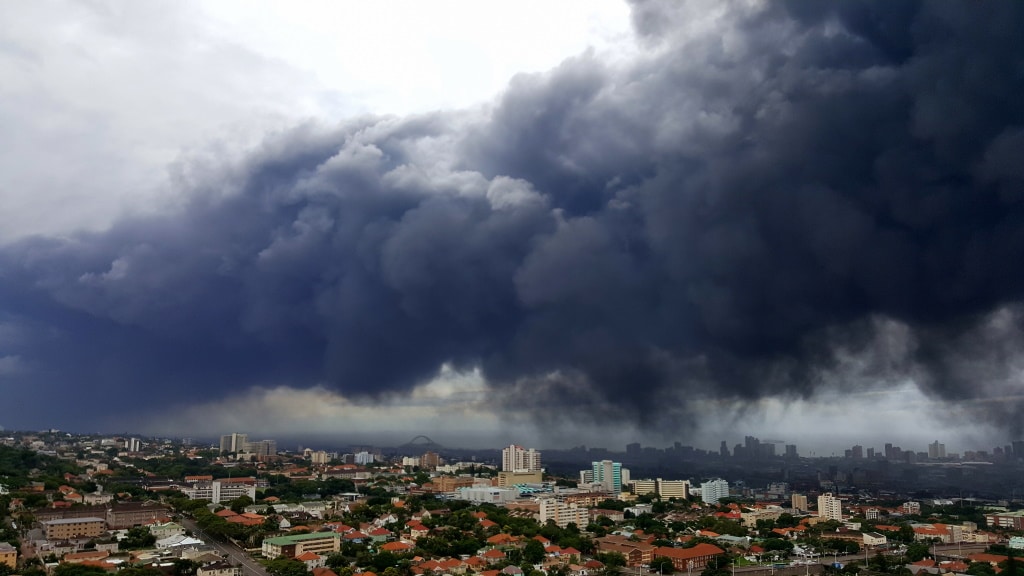Only 5% of Arab countries comply with the recommendations of the World Health Organization (WHO) in the fight against air pollution. This is the alarming finding of the environmental organization IQAir based in Switzerland, which has just published a ranking on air quality in 2022. In the Arab world, Algeria is the country that best respects the levels of pollution regulations before Iraq and Pakistan, which remain the most polluted in the world, just behind Chad.
IQAir relied on data from more than 30,000 monitoring stations at 7,323 sites around the world, but also on the involvement of local communities to conduct this analysis, which praises Australia, Estonia, Finland, Grenada (an island state in the Caribbean), Iceland and New Zealand. “Too many people around the world are unaware that they are breathing polluted air. Air pollution monitors provide hard data that can inspire communities to demand change and hold polluters accountable, but when monitoring is inconsistent or uneven, vulnerable communities can be left without data to act. Everyone deserves to have their health protected from air pollution,” says Aidan Farrow, Climate Scientist for Greenpeace International.
Improving urban air quality
Indeed, this phenomenon accentuated by industrial activities (toxic chemicals, fumes) and urbanization kills 9 million people each year across the planet since 2015 and weakens biodiversity, according to the results of the study “Global Health” published in the second half of 2022 in the British scientific journal The Lancet. If Algeria is seen by IQAir as a model country in the fight against air pollution, it is primarily thanks to the ecological initiatives, including awareness, which follow one another in this North African country.
Read also-MAROC : la pollution atmosphérique coûte 1 Md€ et 5 000 décès chaque année
This is the case of the competition “The GreenHack” organized jointly by the associations Algerian Startup Initiative (ASI) and Algerian Center of Social Entrepreneurship (ACSE). This virtual challenge on social networks aims to involve young people to counteract pollution by waste in large cities like Algiers populated by 4 million souls. The Algerian capital will benefit with 57 other wilayas of 1 000 charging stations for electric vehicles. The devices that will be installed by March 2024 by the public company Sonelgaz will avoid the annual emissions of 20 million tons of CO2 generated by the transport sector.
Benoit-Ivan Wansi
